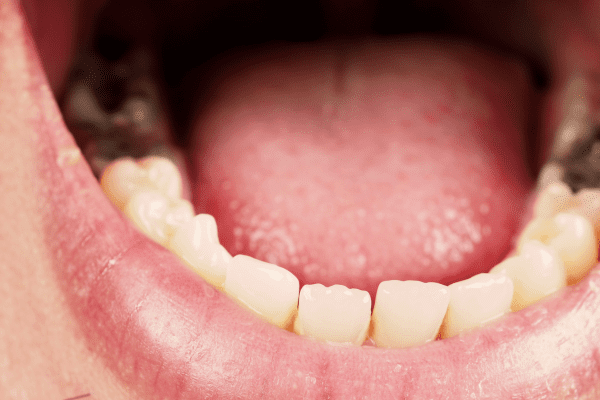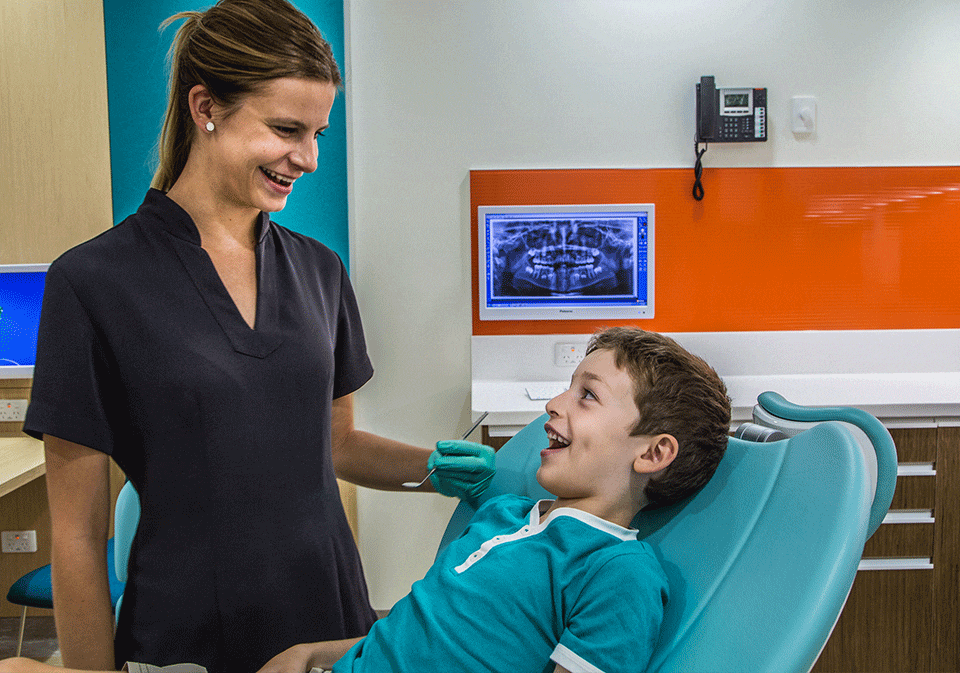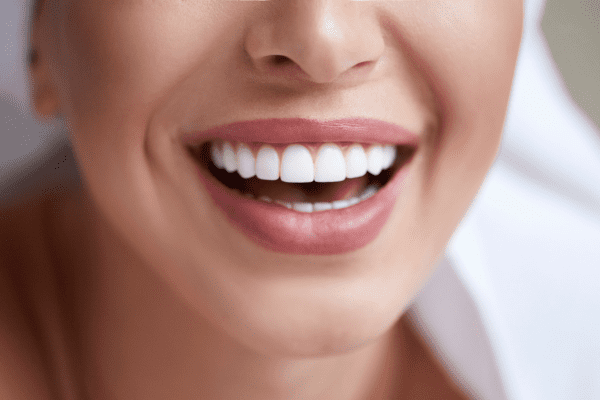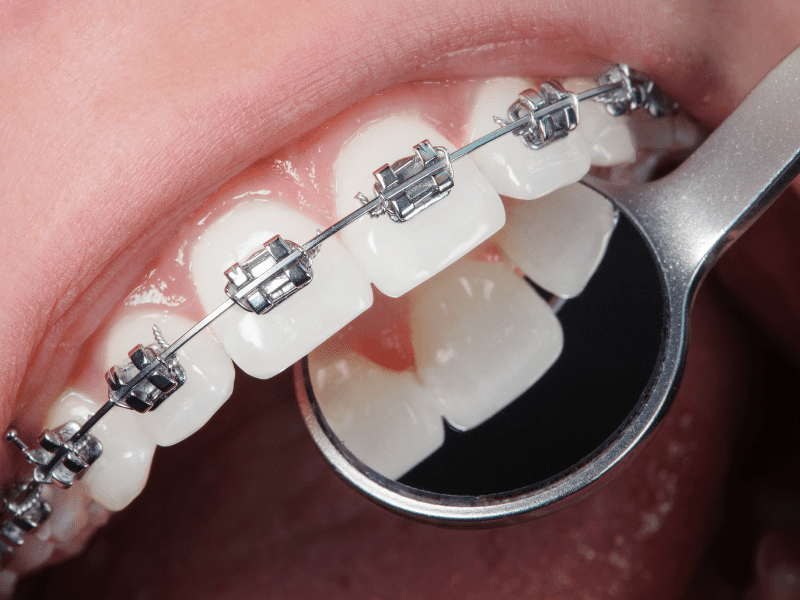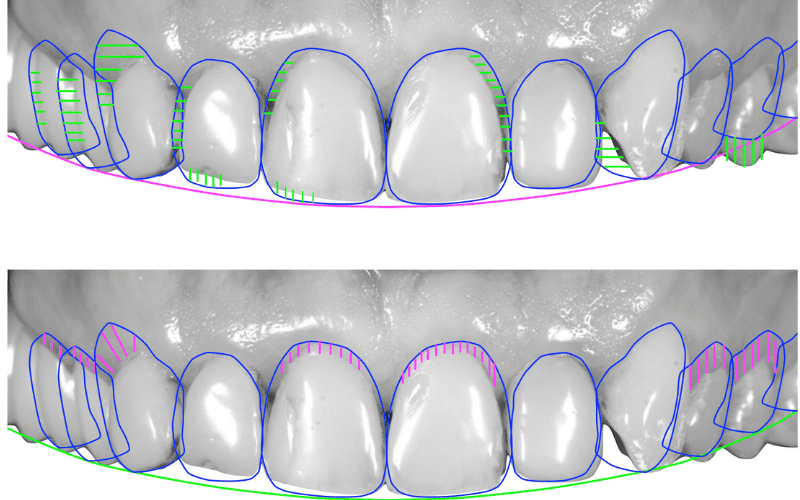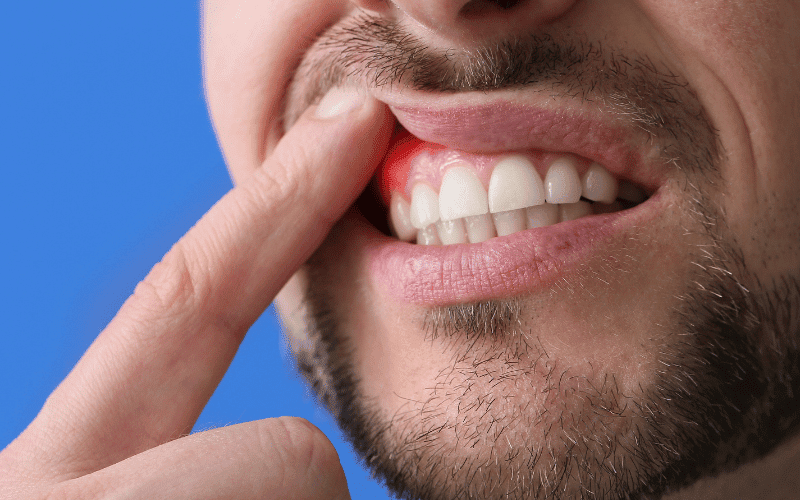A lot of people feel anxious about dental visits. However, this anxiety shouldn’t prevent anyone from taking care of their oral health. Recognising and addressing the reasons for this fear can help turn these visits into a regular, less daunting routine.
West Coast Dental Care is aware of the complexities of dental anxiety. We go beyond traditional dental services, focusing on a holistic, patient-first approach. Our tailored ‘Nervous Patient Programme’ showcases our dedication to making every visit comfortable and understanding. As you strive for better dental health, remember that West Coast Dental Care is more than just a clinic—we are your trusted partner, committed to supporting you at every turn. Read on for guidance on how to overcome dental anxiety.
Understanding dental anxiety
Dental anxiety is a multi-faceted phenomenon. It’s not just about being scared of a procedure; it’s often a mix of psychological triggers, past experiences, and individual perceptions. Let’s delve deeper into understanding the origins of this anxiety and the ripple effects it can have on an individual’s life.
Origins
Past traumatic experiences: One negative incident at a dental clinic can cast a long shadow. Whether it was due to intense pain during treatment, a procedure that went wrong, or even a dentist who didn’t communicate empathetically, these experiences can embed deep-rooted fears. The human brain has a tendency to remember painful or traumatic events clearly as a protective mechanism, making it challenging to overcome these memories.
Fear of pain: Dental procedures have historically been associated with pain. Even though advancements in dental technology and anaesthesia mean many procedures are now pain-free or only mildly uncomfortable, the fear persists. Those who haven’t kept up with modern dentistry might still hold outdated beliefs about the painfulness of treatments.
Fear of judgement: A less-discussed but prevalent concern is the fear of being judged. People might feel embarrassed about the state of their oral health, fearing lectures or disapproval from the dentist. This can be particularly pronounced if they’ve neglected dental care for an extended period.
Consequences
Compromised oral health: When fear drives individuals to postpone or skip dental appointments, minor issues that could have been addressed early on can escalate. Cavities can grow, gum diseases can advance, and what might have been a simple fix can turn into a complex procedure.
Higher medical costs: Procrastination driven by anxiety doesn’t just affect health—it can also be heavy on the pocket. Treating advanced dental issues is often more involved and expensive than addressing them in their early stages.
Decreased self-esteem: Oral health and aesthetics are closely linked to self-image and confidence. Discoloured teeth, bad breath, or other dental issues can make individuals self-conscious, limiting their willingness to socialise, smile openly, or participate in public speaking. This, in turn, can have ramifications on both personal and professional fronts.
Tips to overcome dental anxiety
Dental anxiety is a prevalent issue, but there are numerous strategies and approaches that can be employed to mitigate its effects and ensure a more positive dental experience. Let’s explore these strategies:
Open dialogue: Cultivating trust is paramount. When you’re upfront with your dentist about your anxieties, they’re in a better position to assist. They can walk you through each step of the procedure, give you regular updates during the treatment, or even agree on a ‘stop’ signal if you need a break. This sense of control can often alleviate some of the anxiety.
Selecting a dentist: The right dentist can make all the difference. Beyond technical proficiency, it’s essential to find dentists known for their empathetic approach. Clinics like West Coast Dental Care not only emphasise professional excellence but also patient comfort. We have a dedicated ‘Nervous Patient Programme’ tailored to assist and comfort patients who experience dental anxiety, dedicated to helping patients overcome fears and anxiety about dentistry. When searching for a dentist, look for indicators that the clinic is attuned to the needs of anxious patients and has made efforts to address them specifically.
Pre-appointment visits: Think of this as a reconnaissance mission. During this visit, you can get a feel of the clinic’s ambiance, the friendliness of the staff, and even discuss your anxiety with them. Familiarity can breed comfort. Knowing the layout, the sounds, and the faces can make the actual appointment feel less daunting.
Distraction techniques: Distracting the mind from potential stressors can be an effective way to manage anxiety. By engaging one’s senses in other activities, the focus shifts away from the procedure, making the experience more bearable. Here’s some more detail:
Auditory: Music, with its deep emotional resonance, can be a significant ally during dental visits. Crafting a personalised playlist with uplifting melodies or calming instrumental tracks can set a relaxed mood. Additionally, the vast world of podcasts offers something for everyone, from riveting stories to enlightening discussions, serving as an engaging diversion. For those inclined towards literature, diving into an audiobook can be transformative. The combination of a compelling narrative and the narrator’s captivating voice can offer a welcome escape from the surroundings of the dental clinic.
Visual: Bring your phone or tablet to watch your favourite shows, movies, or video clips. With the convenience of streaming services and downloaded content, your personal device can serve as a window to a familiar and comforting world. Whether it’s binge-watching a series, catching up on the latest movie, or exploring new content, immersing yourself visually can be an effective way to distract from the procedure and make the dental visit more pleasant. Additionally, headphones or earbuds can enhance this experience by providing clear audio and further isolating from the ambient clinic noises.
Tactile: Stress balls, with their soft and squeezable nature, have long been recognised as therapeutic tools. The rhythmic act of squeezing and releasing them offers a grounding technique that serves as a physical release for pent-up nervous energy. Similarly, the rise in popularity of fidget toys, such as spinners, cubes, and pop-its, underscores their efficacy in honing focus and channelling restless energy. They cater to a range of tactile preferences, providing comfort to those who are soothed by repetitive tactile engagement. Additionally, some individuals find solace in textured fabrics or objects. The sensation of running one’s fingers over soft fabrics like velvet or intricate textures can be a calming, mindful activity, effectively diverting attention away from the dental procedure at hand.
Relaxation techniques: Deep breathing techniques can be immensely calming; by taking intentional, deep breaths and focusing solely on the rhythm of inhalation and exhalation, one can slow down the heart rate and usher in a state of relaxation. Complementing this, guided imagery allows for a mental escape. By simply closing your eyes and visualising serene locations like a tranquil beach, a majestic mountain, or even evoking fond childhood memories, you can distance yourself from the present environment. Another effective relaxation strategy is progressive muscle relaxation. Starting from the toes and moving upwards, tensing and then relaxing each muscle group in succession can not only serve as a distraction but also help in releasing physical tension.
Sedation options: Some people require a bit more help to relax. Discuss with your dentist about possible sedation methods. Whether it’s a mild sedative pill taken before the procedure or more profound sedation methods, there’s likely an option that suits your level of anxiety.
Gradual exposure: Think of it as getting into a swimming pool. Some people jump right in, while others take it step by step, adjusting to the water temperature. Starting with non-invasive procedures can help you build confidence and reduce the apprehension associated with more extensive treatments.
Professional therapy: For those with profound dental phobias, seeking external professional help might be beneficial. Therapists can offer coping strategies, exposure therapies, or even sessions of CBT, known for its efficacy in treating various phobias. They can equip you with tools and techniques to confront and manage your fears head-on.
Final thoughts
Your dental health plays an integral role in your overall well-being, acting as a reflection of both physical health and self-confidence. It’s imperative to understand that while the apprehension surrounding dental visits is common, it shouldn’t stand in the way of achieving and maintaining a radiant smile. Always remember, you’re not venturing on this journey alone.
At West Coast Dental Care, we stand beside you at every juncture, offering unwavering support and guidance. Our bespoke ‘Nervous Patient Programme’ has been meticulously designed to address and alleviate dental anxieties, ensuring that each visit is a comfortable and positive experience. Our dedicated team, with its patient-centric approach, is deeply committed to turning apprehensions into confidence and trepidation into trust. We invite you to take a transformative step towards a brighter, healthier smile with us. Don’t let another moment pass by; schedule your visit and immerse yourself in the compassionate and professional environment that is the hallmark of West Coast Dental Care.



